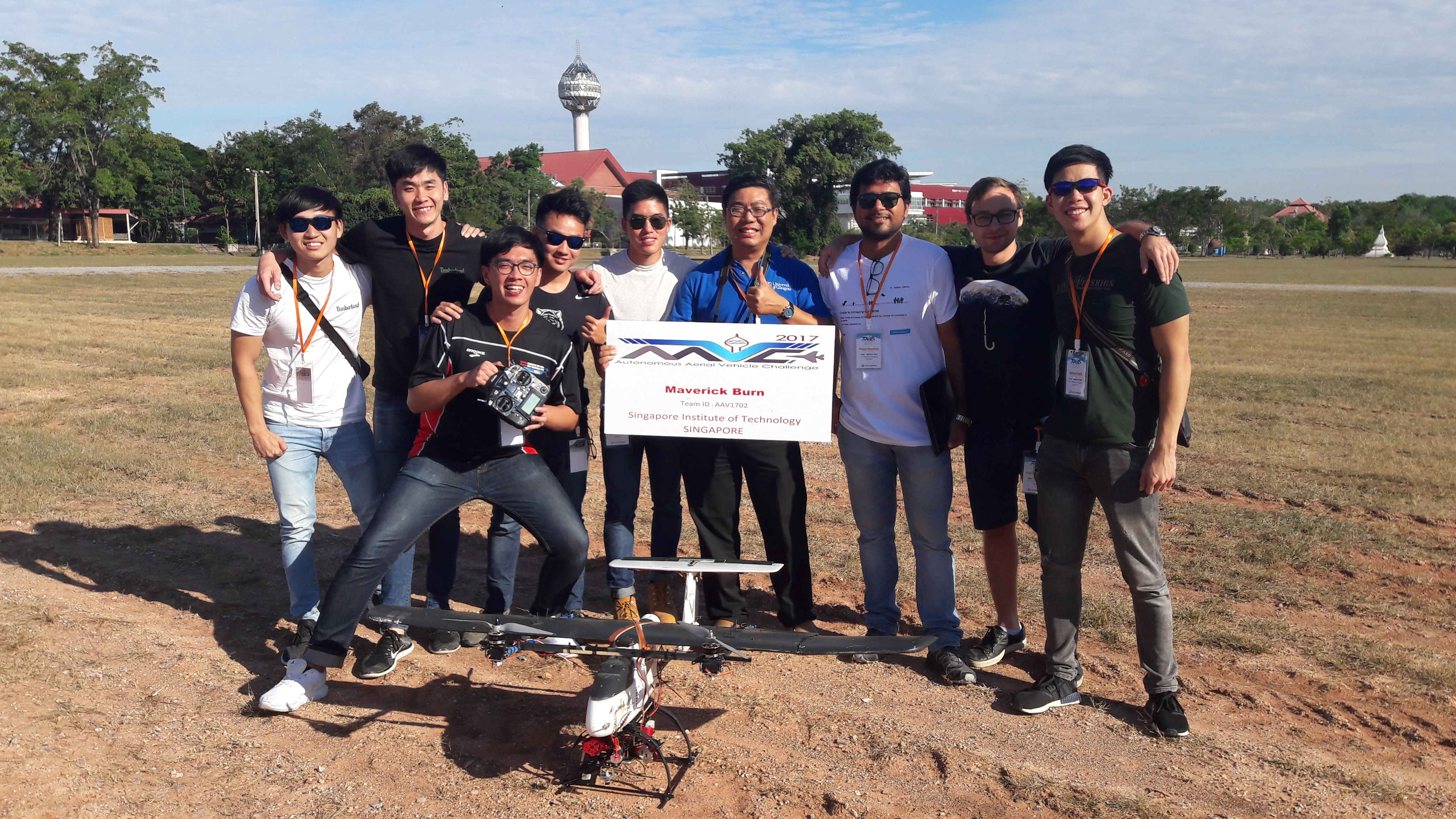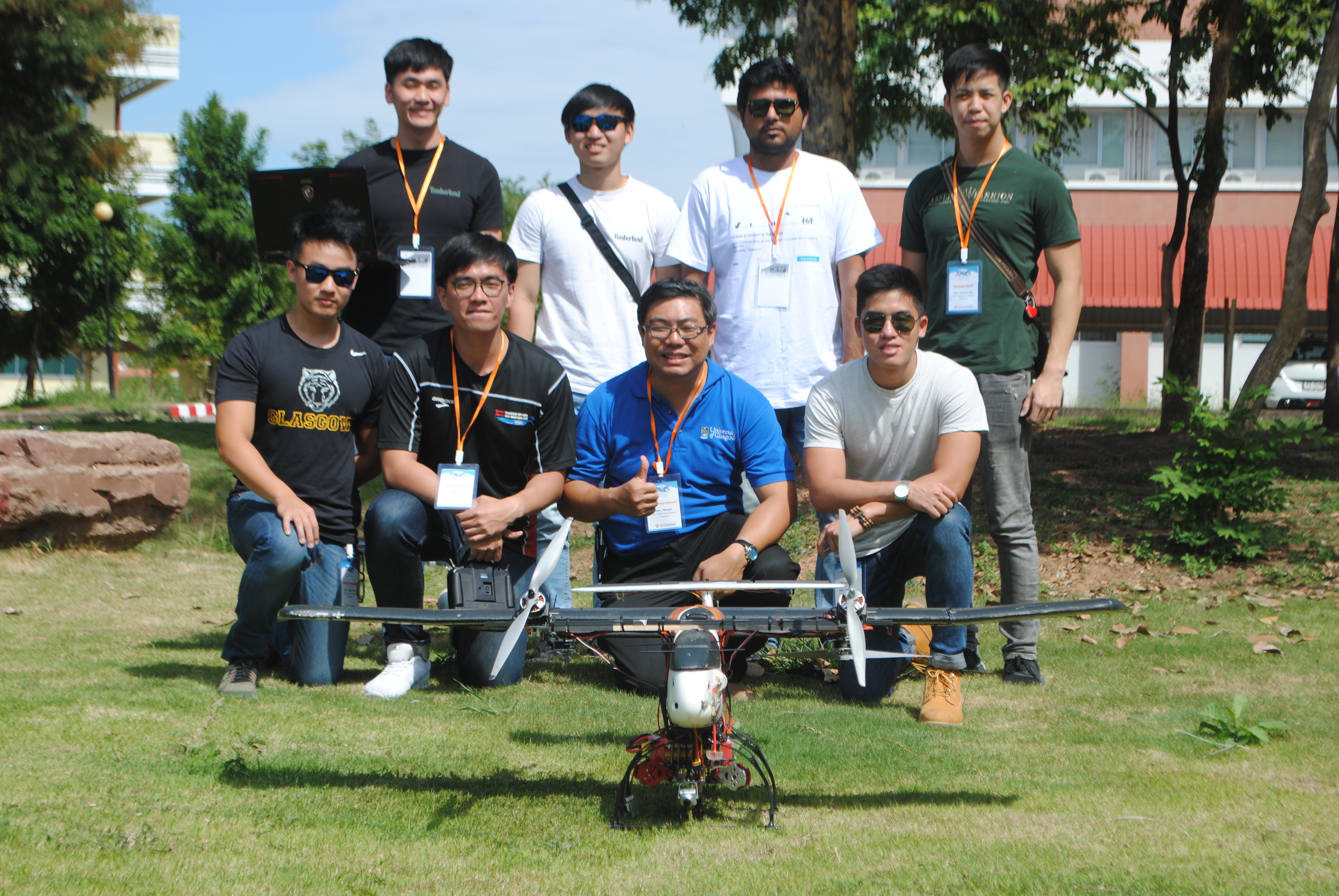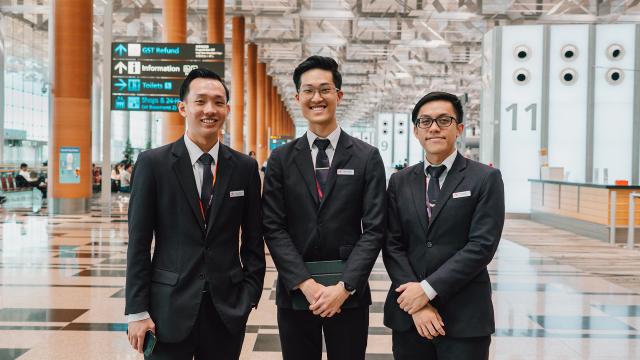
Praised as the ‘aerospace city of the future’, Singapore plays host to one of the widest range of aerospace-related industries and companies in Asia, with over 130 entities involved in this field. Recently, a new aerospace industry transformation map (ITM) that aims to create over 1,000 jobs by 2020 and generate over S$4 billion in value-add, was launched by Minister for Trade and Industry (Industry) S. Iswaran. The ITM identified three key areas: pursuing operational excellence, driving innovation in emerging technologies, and equipping Singaporeans with relevant skills to support the continued success of the aerospace industry.
Within this landscape, the BEng (Hons) in Aeronautical Engineering and BEng (Hons) in Aerospace Systems degrees offered by the University of Glasgow, in collaboration with Singapore Institute of Technology (SIT), have been providing quality graduates to the aerospace sector since 2012.
Aeronautical Engineering is an advanced engineering discipline concerned with the theory, design, manufacture and testing of flight vehicles. These range from fixed-wing to rotary-wing aircraft, such as helicopter or modern-day quadrocopter. In Aeronautical Engineering, mathematics and physical laws are applied to design flight vehicles or to understand the advanced behaviour of flight vehicles. Aeronautics is a fascinating subject area involving a diverse range of subjects including jet/rocket propulsion, aerodynamics, flight mechanics, aircraft structures and flight testing. The analytical and problem-solving skills of Aeronautical Engineering graduates are highly sought after by employers.
Aerospace Systems are a fusion of aeronautical, electrical and systems engineering concepts. The professional Aerospace Systems engineer requires a sound knowledge in aeronautical engineering, together with a detailed understanding of simulation and control, as well as electrical and electronics engineering principles, in order to form aircraft systems that augment aircraft performance and operations. An engineer should also be an effective communicator, manager and team player, and be aware of issues relevant to modern industry. The Aerospace Systems degree allows its graduates to confidently embark on a career in the aerospace industry.

In both programmes, students demonstrate their skills through final year projects (FYP). About 40% of these FYPs are projects that are industry-based. Recently, we worked with organisations such as Sembcorp Marine, Housing Development Board, National Parks Board, Garuda Robotics, ST Aerospace, Tropical Marine Science Institute and DNV-GL on a wide range of research projects. These collaborations with industry ensure that our graduates are industry-ready.
Our students also take part in several renowned competitions. Since 2013, we have participated in the design, development and demonstration of unmanned aerial vehicles (UAVS) in Singapore Amazing Flying Machine Competitions (SAFMC), Autonomous Aerial Vehicle Challenges (AAVC) in Thailand and the Korean Personal Aerial Vehicle (K-PAV) Competition where we have received several accolades. We consistently showcase our achievements in aerospace-related exhibitions, such as the Singapore Air Show and CAAS Aviation Open House, to reach out and connect with industries as well as future aerospace engineers.
This article was adapted from The Singapore Engineers May 2018 publication with the permission of The Institution of Engineers, Singapore.
![[FA] SIT One SITizen Alumni Initiative_Web banner_1244px x 688px.jpg](/sites/default/files/2024-12/%5BFA%5D%20%20SIT%20One%20SITizen%20Alumni%20Initiative_Web%20banner_1244px%20x%20688px.jpg)


